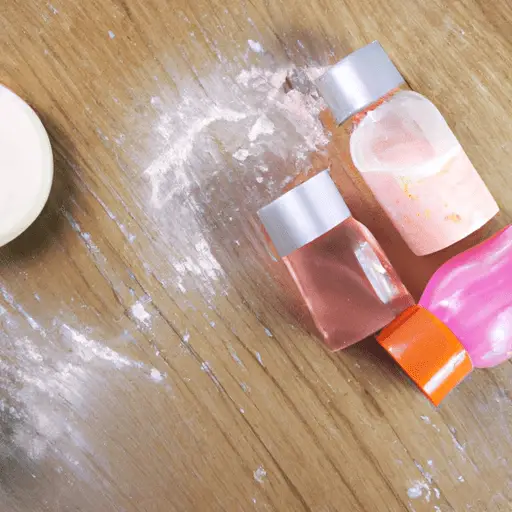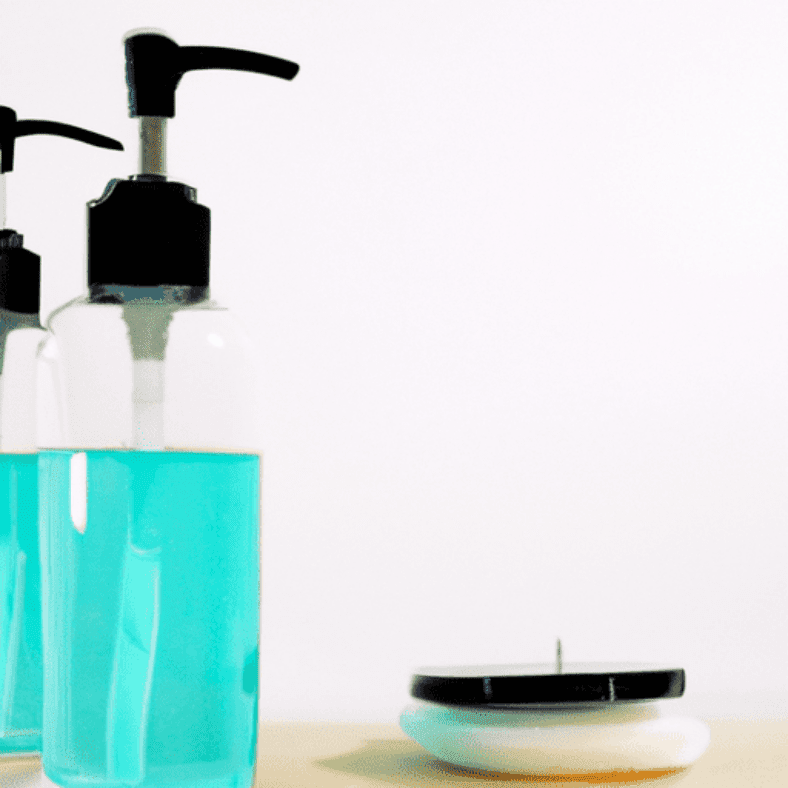-
Table of Contents
- Different Types of Cleansers and Their Benefits
- Key Takeaways
- Introduction: The Importance of Choosing the Right Cleanser
- The Different Types of Cleansers
- Gel Cleansers
- Cream Cleansers
- Foam Cleansers
- Oil Cleansers
- Micellar Water
- Bar Cleansers
- FAQ Section
- 1. How often should I cleanse my skin?
- 2. Can I use more than one type of cleanser?
- 3. How do I know if a cleanser is right for my skin type?
- 4. Can I use a cleanser to remove makeup?
- 5. Are expensive cleansers worth it?
- Conclusion: The Power of Proper Cleansing
- Key Takeaways
Different Types of Cleansers and Their Benefits

[youtubomatic_search]
Key Takeaways
- Understanding the different types of cleansers is crucial for effective skincare.
- Each type of cleanser has unique benefits and is suitable for different skin types.
- Regular use of the right cleanser can improve skin health and appearance.
- Choosing the right cleanser involves considering your skin type, lifestyle, and specific skin concerns.
- Proper cleansing is a fundamental step in any skincare routine.
Introduction: The Importance of Choosing the Right Cleanser
The world of skincare can be overwhelming, with a plethora of products available on the market. One of the most fundamental products in any skincare routine is the cleanser. Understanding the different types of cleansers and their benefits can help you make an informed decision about the best product for your skin.
The Different Types of Cleansers
There are several types of cleansers, each with unique benefits and suitable for different skin types. These include gel cleansers, cream cleansers, foam cleansers, oil cleansers, micellar water, and bar cleansers.
Gel Cleansers
Gel cleansers are clear and gel-like in consistency, often designed for deep cleansing. They are effective at decongesting clogged pores, removing excess oil and killing acne-causing bacteria, thanks to their antiseptic and exfoliating properties. Gel cleansers are ideal for oily and combination skin types, as well as those prone to acne.
Cream Cleansers
Cream cleansers, also known as lotion cleansers, have a thick, creamy texture. They are typically formulated with moisturizing ingredients like botanical oils and are adept at removing dirt and makeup without stripping the skin of its natural oils. Cream cleansers are best for dry, sensitive, or mature skin that needs extra hydration.
Foam Cleansers
Foam cleansers are lightweight cleansers that turn into a rich, foamy lather. They effectively remove oil and makeup, leaving the skin feeling fresh and clean. However, they can be a bit harsh and may strip the skin of its natural oils, so they are best for oily and combination skin types.
Oil Cleansers
Oil cleansers use beneficial oils to cleanse the skin. They are excellent at dissolving makeup, dirt, and excess oil without drying out the skin. Oil cleansers are suitable for most skin types, including oily skin, as they can help regulate the skin’s oil production.
Micellar Water
Micellar water is a gentle, no-rinse cleanser that contains micelles, or tiny oil molecules, suspended in soft water. It effectively removes makeup and dirt without drying out the skin. Micellar water is suitable for all skin types, particularly sensitive or dry skin.
Bar Cleansers
Bar cleansers have come a long way from the drying, pH-disrupting soaps of the past. Modern bar cleansers are formulated with skin-friendly ingredients and can offer the same benefits as their liquid counterparts. They are suitable for most skin types, depending on their formulation.
FAQ Section
1. How often should I cleanse my skin?
Most dermatologists recommend cleansing your skin twice a day – once in the morning and once at night. However, if your skin is dry or sensitive, you may want to cleanse only once a day at night.
2. Can I use more than one type of cleanser?
Yes, many people use two different cleansers for their morning and evening routines. This is known as double cleansing, which typically involves using an oil-based cleanser first to remove makeup and sunscreen, followed by a water-based cleanser to clean the skin.
3. How do I know if a cleanser is right for my skin type?
Pay attention to how your skin feels after cleansing. Your skin should feel clean, but not tight or overly dry. If your skin feels comfortable and looks healthy, the cleanser is likely a good fit.
4. Can I use a cleanser to remove makeup?
Some cleansers, particularly oil cleansers and micellar water, are excellent at removing makeup. However, if you wear heavy or waterproof makeup, you may need to use a dedicated makeup remover first.
5. Are expensive cleansers worth it?
Not necessarily. While some high-end cleansers offer luxurious textures and ingredients, many affordable cleansers are just as effective. The most important thing is to find a cleanser that suits your skin type and needs.
Conclusion: The Power of Proper Cleansing
Understanding the different types of cleansers and their benefits is the first step towards effective skincare. By choosing the right cleanser for your skin type and needs, you can improve your skin’s health and appearance. Remember, a good cleanser should remove dirt and excess oil, but not strip your skin of its natural oils. So, take your time to find the perfect cleanser for your skin – your skin will thank you!
Key Takeaways
- Understanding the different types of cleansers is crucial for effective skincare.
- Each type of cleanser has unique benefits and is suitable for different skin types.
- Regular use of the right cleanser can improve skin health and appearance.
- Choosing the right cleanser involves considering your skin type, lifestyle, and specific skin concerns.
- Proper cleansing is a fundamental step in any skincare routine.
[youtubomatic_search]

Leave a Reply